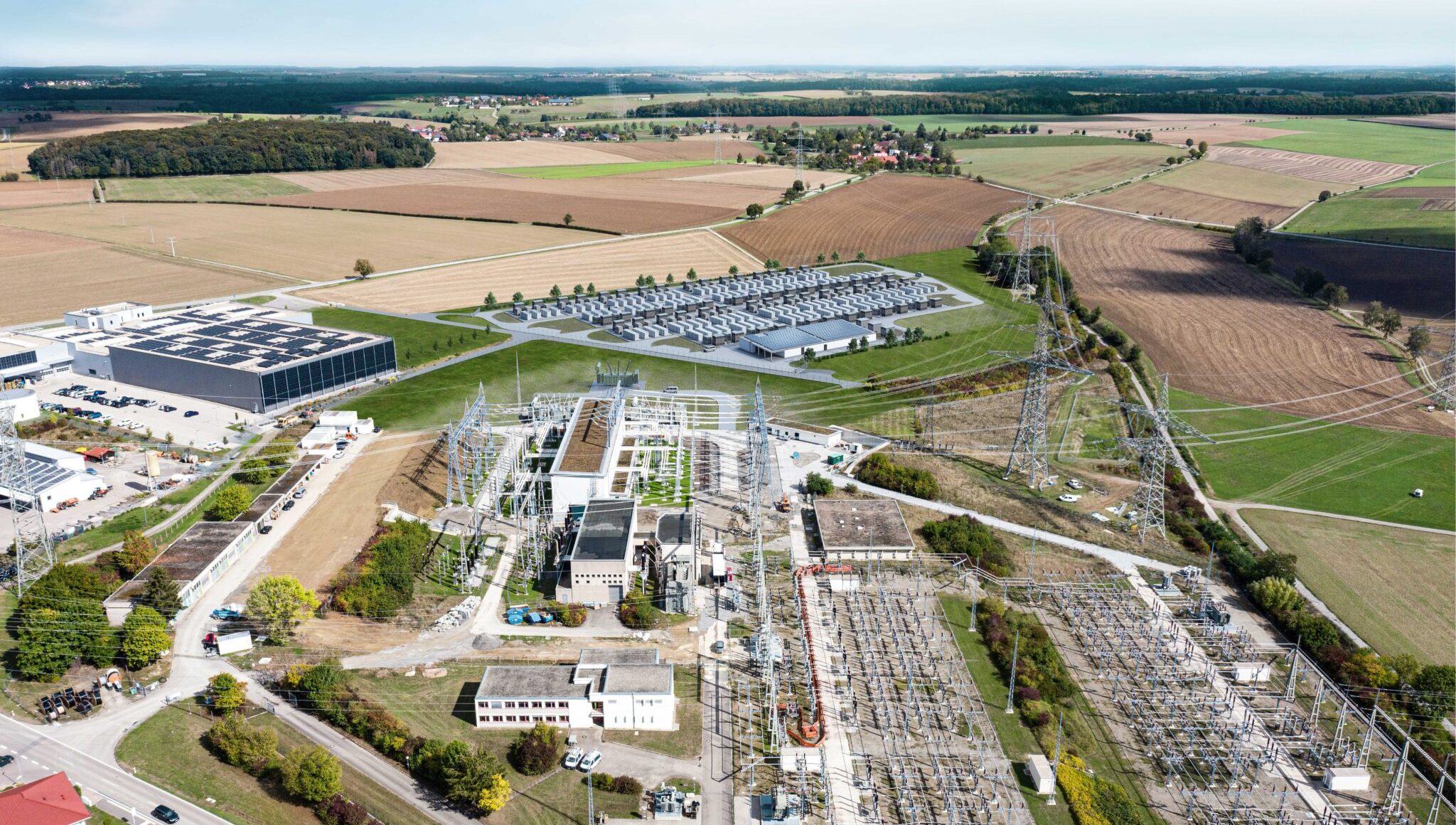The discussion around large-scale energy storage financing in Germany reveals that while grid connection requests are on the rise, the number of well-structured projects remains limited but is steadily increasing. Marcus Starke highlights the need to differentiate between projects at varying planning stages, emphasizing that only feasibility-ready projects can secure financing. Florian Hock stresses the importance of a coherent overall concept when developers approach banks. Key factors for successful project financing include the involvement of dependable participants, proper documentation, and the absence of uncovered risks. It is critical that contracts are balanced to ensure all parties remain committed to project execution.
Revenue stability is another essential component for lenders, requiring some form of income security through various offtake agreements. The types of agreements mentioned include those guaranteeing minimum income and ‘tolling agreements’ that secure fixed revenue without additional profit sharing. Hock points out that while some banks may finance fully merchant projects without prior security, they refrain from supporting battery storage projects lacking partial revenue guarantees. Additionally, the influence of municipalities in permitting processes and the need for technically proven components further enhance the complex landscape of financing energy storage projects. Overall, achieving financing in this dynamic sector necessitates a thorough understanding of risks and the establishment of coherent partnerships.

